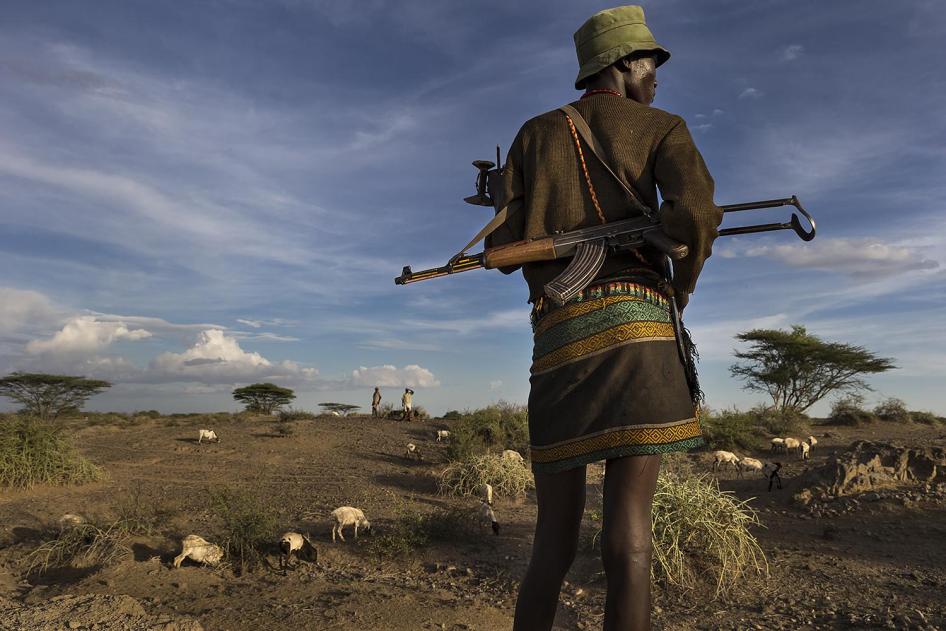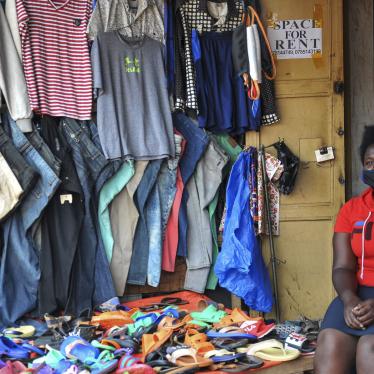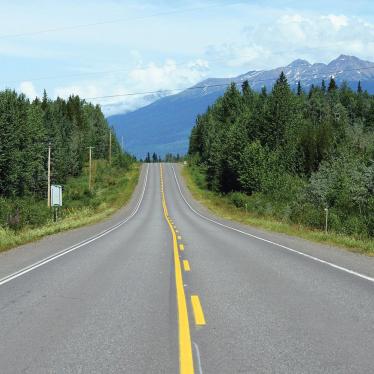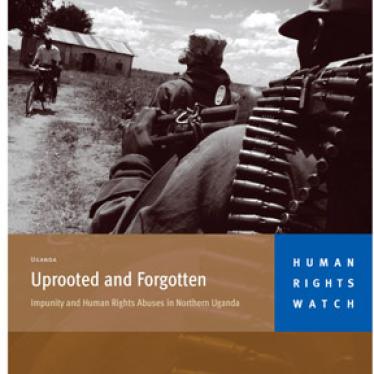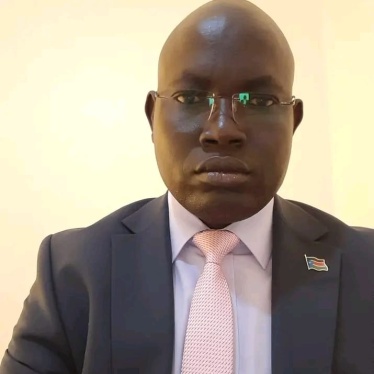The rights of indigenous peoples around the world are more often breached than observed – something we should remember today, the International Day of the World’s Indigenous Peoples.
According to the United Nations, the world has an estimated 370 million indigenous people. They make up about one-third of the world’s 900 million rural people who are classified as extremely poor.
Human Rights Watch research in countries such as Ethiopia, Uganda, Burma and Thailand, Kenya, and Canada confirms that indigenous peoples often face violence, discrimination, exclusion, and poverty.
In Uganda, for example, the government has promoted private investment in mining in the Karamoja region, but has failed to amend laws to ensure that customary land owners – including many from indigenous communities – are consulted about the development of their own lands. Local officials admitted to Human Rights Watch in 2014 that “elders were not factored in,” and the “communities are not involved” when granting mining licenses. Mining companies, in some cases, promised to compensate for losses, including by creating schools, hospitals, boreholes, jobs, scholarships, and money. But local communities said they had not yet seen the promised benefits.
Indigenous women suffer from multiple discrimination, both as women and based on their indigenous status, as well as from violence in their communities and by state authorities. In Canada, for example, hundreds of indigenous women and girls have gone missing or been murdered over the last few decades. Our 2013 report documented allegations that indigenous women and girls in northern British Columbia are not only under-protected by the police, they have also endured outright police abuse.
The UN Declaration on the Rights of Indigenous Peoples recognizes individual and collective rights of indigenous peoples, including to participate in decision-making in matters which would affect their rights, and to be free from discrimination and violence.
Often, indigenous communities welcome development and private investment, but on terms that respect their rights. Governments have a duty, and companies have a responsibility, to consult and cooperate with indigenous people to obtain their free and informed consent prior to approving projects affecting their lands, territories, and other resources.
Sadly, this is a long way from reality.

